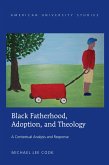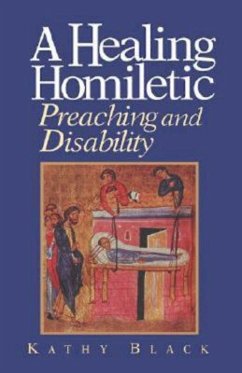This in-depth study on preaching to second generation Korean Americans, the first of its kind, is based on empirical and ethnographic fieldwork. Matthew D. Kim conducted surveys and semi-structured qualitative interviews with Korean American pastors and second generation young adult respondents in three geographic regions of the United States: the Midwest, the West Coast, and the East Coast. His primary conceptual framework employs social psychologists Hazel Markus and Paula Nurius's theory of possible selves to facilitate the process of congregational exegesis in the second generation Korean American church context.
This book offers a new contextual homiletic model that enables Korean American preachers to engage in deeper levels of ethnic and cultural analysis in their sermonic preparation. Simultaneously, the author reconstructs conventional preaching roles of Korean American preachers and second generation listeners so that they may co-creatively imagine new possible selves that radically advance Christian mission and practice in the world. This book will serve as a primary or secondary source for upper-level undergraduate, graduate, and postgraduate courses on preaching, communication studies, ethnic and racial studies, cross-cultural ministry, or social psychology.
This book offers a new contextual homiletic model that enables Korean American preachers to engage in deeper levels of ethnic and cultural analysis in their sermonic preparation. Simultaneously, the author reconstructs conventional preaching roles of Korean American preachers and second generation listeners so that they may co-creatively imagine new possible selves that radically advance Christian mission and practice in the world. This book will serve as a primary or secondary source for upper-level undergraduate, graduate, and postgraduate courses on preaching, communication studies, ethnic and racial studies, cross-cultural ministry, or social psychology.
Dieser Download kann aus rechtlichen Gründen nur mit Rechnungsadresse in A, D ausgeliefert werden.









